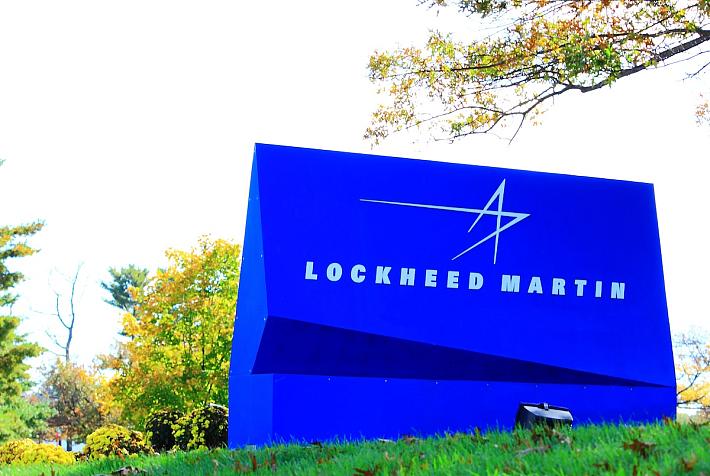(P) Doing M&A in Western Europe: Tax traps and structuring opportunities

In the context of global competition and integrated markets, many companies around the world are looking for growth opportunities outside their home country. By opening up new markets and connecting with new customers, businesses can increase sales and profits while spreading risk by not having to rely on any single market.
Pursuing transactions in Western Europe presents attractive opportunities to many investors, but it’s important to understand that acquisition and integration processes respond to local specificities. Mazars has published the report „Doing M&A in Western Europe: Tax traps and structuring opportunities”, with the scope of highlighting what businesses can expect from conducting deals in Western Europe and how they can avoid tax traps while making the most of structuring opportunities.
The report highlights M&A tax risks and opportunities in Western European countries, covering Belgium, Cyprus, Denmark, France, Germany, Greece, Ireland, Italy, Luxembourg, Malta, Netherlands, Norway, Portugal, Spain, Sweden, Switzerland, and the United Kingdom.
With the help of the Mazars’ study, businesses can now navigate complex, regulatory environments so that they can choose where their investment would be most beneficial. Within the report, Mazars offers insights based on its expertise that covers due diligence tax structuring in the region and the tax risks frequently encountered that can threaten the success of deal-making and subsequent integration processes in these fast-growing markets.
Top tax traps
- Financial expenses deduction
Switzerland - As in other countries, Switzerland has Swiss thin capitalisation rules. As opposed to other countries, Switzerland’s thin capitalisation rules have the following specific features: Swiss thin capitalisation rules apply only to ‘related party debt’ (including third party debt secured by a related party). Swiss thin capitalisation rules do not establish a fixed debt/equity ratio; rather, each Swiss company has its individual borrowing capacity, depending on the company’s assets. While interest expense – disallowed under Swiss thin capitalisation rules – is not tax deductible; it constitutes a Swiss company’s deemed dividend distribution, which is subject to a 35% Swiss dividend withholding tax.
- Transfer pricing documentation
Luxembourg - Based on Luxembourg income tax law, every intercompany transaction should respect the arm’s length principle. While there is no documentation requirement, Luxembourg taxpayers should be able to demonstrate that the arm’s length principle is respected in case of questions from the tax authorities. Today, the tax authorities have put an increased focus on intercompany financial transactions, with specific remuneration and capitalisation requirements for companies in back-to-back financing structures.
Top tax structuring opportunities
- Amortisation of assets/goodwill
Spain - Intangible assets with a definite useful life are amortised according to their useful life. When this useful life cannot be estimated reliably, the amortisation will be deductible up to the maximum annual limit of one-twentieth its amount. In relation to the goodwill, from a tax perspective the amortisation rate considered deductible for CIT purposes is 5% (from an accounting point of view it is amortised on a 10%). In the case of goodwill as a consequence of restructuring (or merger) transactions, if the transaction is subject to the neutral regime applicable for restructuring transactions, as a general rule this goodwill will not be tax deductible (there is a transitional provision for shares acquired before 1 January 2015).
- Corporate income tax/capital gains rates
Belgium - Capital gains realised by companies on assets are taxable at the normal corporate income tax rate of 25% (reduced CIT rate of 20% on first EUR 100,000 for SME’s) and tax deferral is possible where certain conditions are met (but not applicable to own built-up goodwill). An individual seller is subject to personal income tax at progressive tax rates on the professional assets sold. Capital gains realised on shares by corporate taxpayers are tax exempt provided that certain conditions are met (minimum participation requirement of 10% or EUR 2.5 million; min holding requirement of one year; subject-totax requirement). For individuals, a general capital gain exemption on shares applies but Belgian tax law provides that a capital gains tax is due where the buyer of substantial participation is a non-Belgian company resident outside the EEA. Further, the disposal of shares by Belgian individuals is taxable as miscellaneous income at a 33% tax rate (instead of the normal progressive rates) where the transaction can be considered realised outside the management of the private estate. This may be relevant in management buy-out structures but is also used by the Belgian tax authorities in situations that are deemed to be abusive (e.g. sales of companies with excessive cash).
Download the report now to learn about tax traps and incentives that will help you determine the right next step.
(p) - This article is an advertorial.













